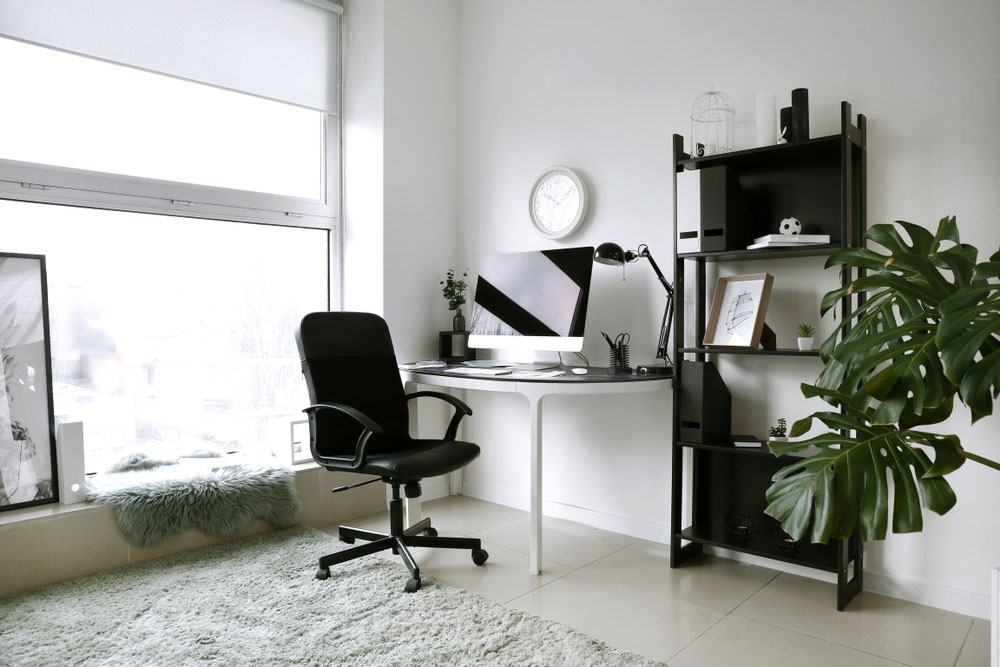If you are self-employed, you may be able to take a home office deduction. However, the tax code can be complex, and you must understand when it’s appropriate to claim these deductions.
At Raines & Fischer, we’re here to help you make informed decisions, maximizing your benefits while remaining compliant with tax laws.
When Is Claiming Home Office Deductions Appropriate?
Determining when you can claim home office deductions depends on your specific situation. The home office deduction is not available on the federal level for taxpayers who are W-2 employees. But if you are self-employed and your home office is your primary workspace, you may be able to deduct expenses associated with your home.
What Expenses Qualify for Home Office Deductions?
The IRS will allow you to deduct business-related expenses if your home office is your primary workplace that you regularly use for business purposes. It doesn’t need to be a separate room, but it should be a distinct area used exclusively for work.
- Direct expenses: These are specific to your home office, such as repairs and maintenance of the space. Direct expenses are fully deductible.
- Indirect expenses: These include costs that apply to your entire home, such as utilities, insurance, and property taxes. You can deduct a portion of these expenses based on the percentage of your home you use for business.
- Depreciation: If you own your home, you may also be eligible to deduct depreciation on the part of your home you use as an office.
The IRS also allows for a simplified method for claiming home office deductions. Instead of tracking all your actual expenses, you can multiply your home office’s square footage by a standard rate (currently $5 per square foot, up to 300 square feet). While this method is more straightforward, it might result in a smaller deduction compared to the detailed method.
The Value of Hiring an Accountant
Taxes for self-employed people can be challenging, and it’s understandable that you may have questions about whether you can deduct home office expenses or not. An experienced accountant can ensure you don’t miss any opportunities to reduce your tax liability. Raines & Fischer’s team stays abreast of changing tax rules and regulations, helping you avoid costly mistakes or audits.
Beyond preparing your tax return and checking it for accuracy, a qualified small business accountant can provide you with strategic advice on how to structure your finances and business activities to minimize taxes in the long run. These tips will save you time, allowing you to focus on your strategic growth.
At Raines & Fischer, we specialize in helping small business owners and self-employed people manage the complexities of tax planning and compliance. We understand the unique challenges of handling your personal and professional finances and how taxes fit into the bigger picture. Contact us for year-round tax strategy and personalized support.

